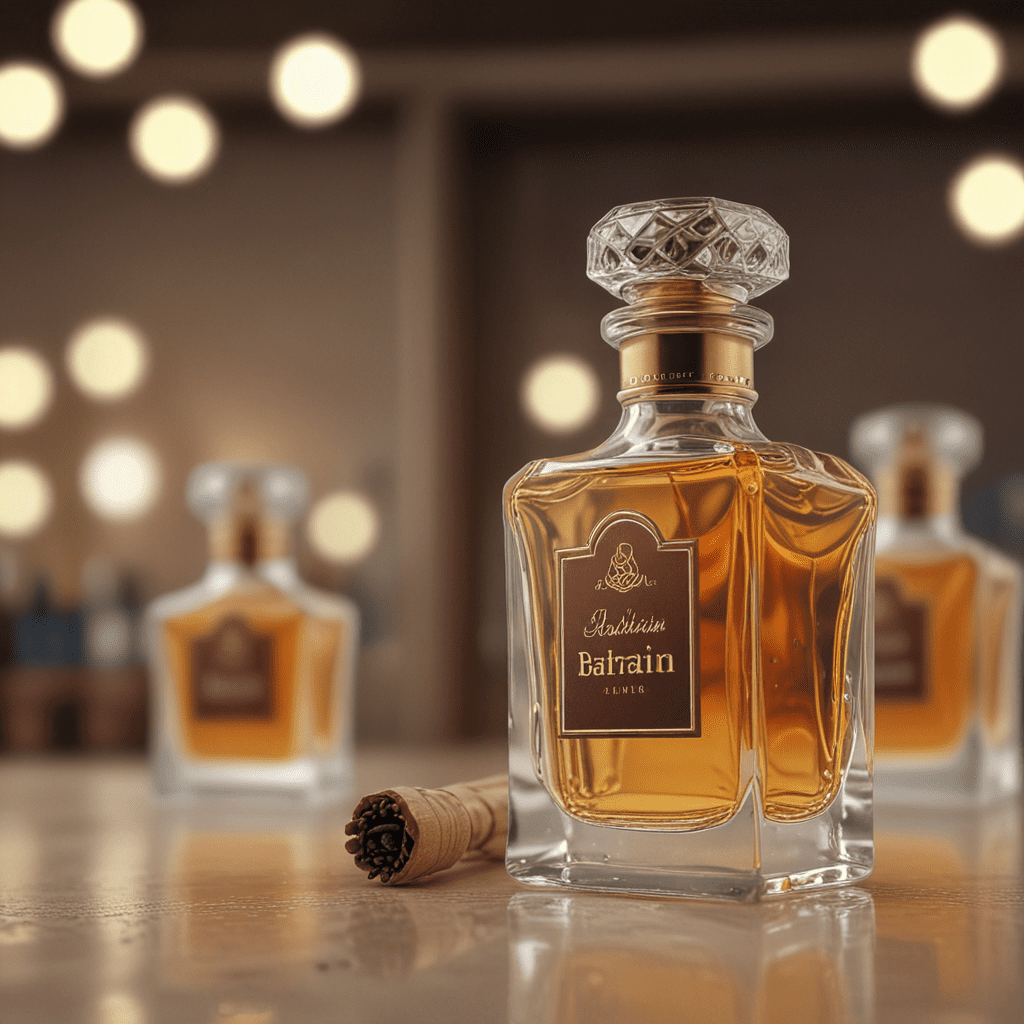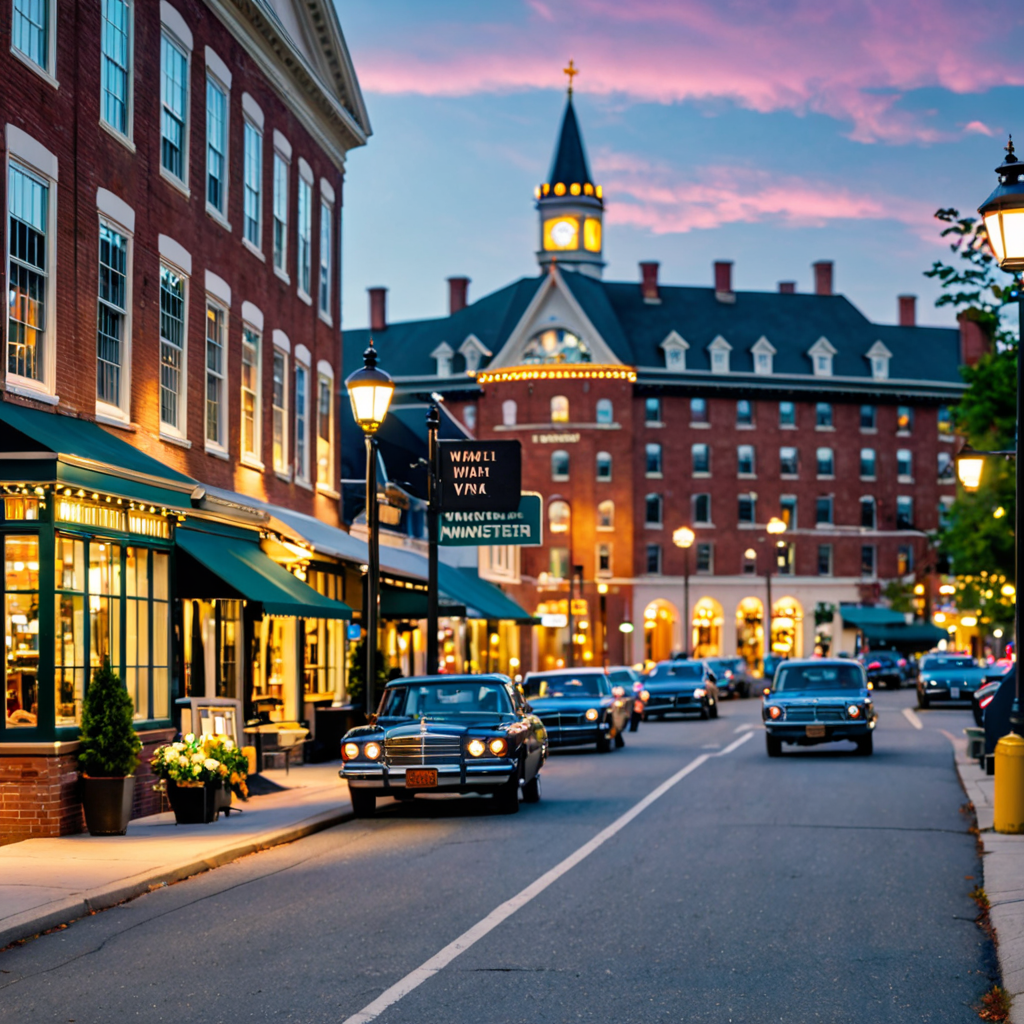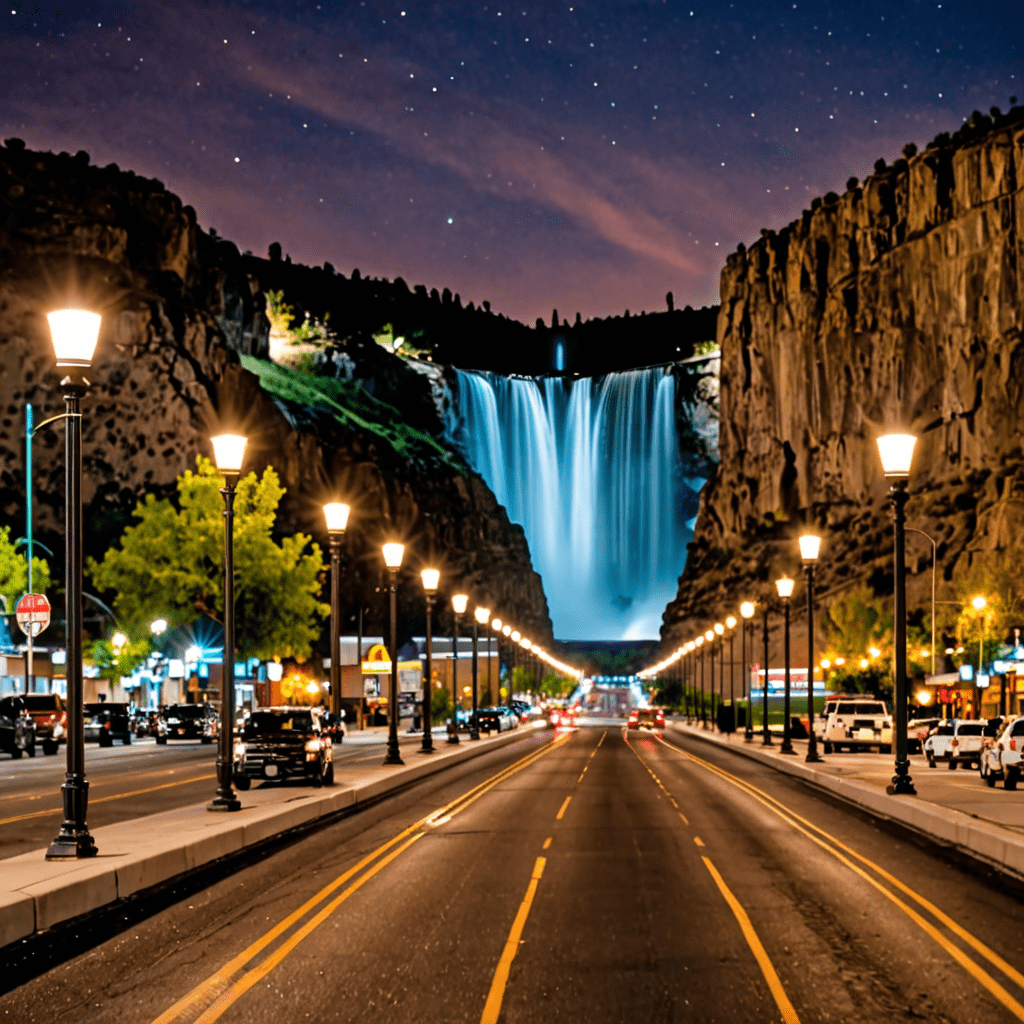
Introduction
Bahrain, a captivating archipelago nestled in the Arabian Gulf, holds a rich history intertwined with the art of perfumery. The scents of its traditional fragrances have permeated the region and beyond, leaving an enduring legacy of aromatic artistry. This article delves into the captivating world of Bahrain's traditional perfumes and fragrances, exploring their origins, ingredients, types, and cultural significance.
History of Perfumery in Bahrain
The practice of perfumery in Bahrain can be traced back centuries, with archaeological evidence suggesting its existence as early as the Dilmun civilization around 2000 BC. The strategic location of Bahrain served as a key trading hub, facilitating the exchange of exotic spices, woods, and fragrant resins from distant lands. This influx of raw materials fueled the development of a thriving perfumery industry in the region.
Traditional Ingredients and Extraction Methods
At the heart of Bahrain's traditional fragrances lie a myriad of natural ingredients carefully selected for their exquisite scents. These include exotic woods like sandalwood, agarwood, and frankincense, aromatic flowers such as jasmine, rose, and lavender, and fragrant spices like saffron, cardamom, and cloves.
The extraction of essential oils from these ingredients involves ancient techniques that have been passed down through generations. Distillation, a process of heating and condensing the plant material to release its volatile oils, remains a common method. Alternatively, enfleurage, a delicate process of layering fragrant petals on top of a layer of fat to absorb their scents, is used for more delicate flowers.
Types of Bahraini Fragrances
Bahraini fragrances encompass a wide spectrum of scents, each with its distinct aroma and purpose. Attar, a highly concentrated natural perfume oil, is renowned for its potent fragrance and longevity. Bukhoor, a type of incense made from aromatic woods and resins, fills spaces with its enchanting smoke, creating an ambiance of tranquility and spirituality. Other popular forms include scented waters, body oils, and aromatic powders.
Attar and Bukhoor: Key Scents
Attar and Bukhoor stand as two iconic scents that embody the essence of Bahrain's traditional fragrances. Attar, derived from the Arabic word for "perfume," is highly valued for its rich and complex aromas. Rose attar, extracted from the delicate petals of the Damask rose, exudes a sweet and alluring fragrance. Ambergris attar, obtained from the digestive tract of sperm whales, offers a captivating and musky aroma.
Bukhoor, on the other hand, is often used in religious ceremonies and social gatherings. Oud, a highly prized dark wood with a smoky and woody scent, is a key ingredient in Bukhoor, along with other aromatics like frankincense, myrrh, and saffron.
Traditional Uses and Significance
Bahraini fragrances have played an integral role in local customs and traditions throughout history. Attar is used to enhance personal appearance, with women adorning it as a delicate fragrance, while men apply it on their beards or hair for a subtle scent. Bukhoor is commonly burned during religious ceremonies, social gatherings, and special occasions, creating an aromatic atmosphere that fosters a sense of tranquility and reverence.
Cultural and Social Aspects of Fragrance
Fragrances are deeply woven into the cultural fabric of Bahrain. They serve as expressions of personal style, social status, and religious devotion. The choice of scent is often influenced by cultural norms and individual preferences. Traditional fragrances are closely associated with major life events, such as weddings, festivals, and religious celebrations. They create a sense of community and shared heritage, connecting people through a common olfactory experience.
The Role of the Attar Maker
Attar makers, known as 'attars,' possess specialized knowledge and skills in the art of perfumery. They undergo years of apprenticeship under master perfumers, learning the intricate techniques of blending scents and extracting essential oils. Attars are highly respected within their communities, and their creations are considered works of art.
Preservation and Transmission of Traditional Knowledge
Preserving Bahrain's traditional fragrances is crucial for safeguarding its cultural heritage. Efforts are being made to document and pass on the knowledge and skills of attar makers to future generations. Workshops, training programs, and collaborations with local artisans contribute to the continuity of this ancient tradition.
Bahrain's Fragrances in the Modern World
While preserving their traditional roots, Bahraini fragrances have adapted to the evolving tastes and demands of the modern world. Contemporary perfumers blend ancient techniques with innovative ingredients, creating contemporary fragrances that appeal to a global audience. Bahraini fragrances have also found their way into skincare products, home fragrances, and other luxury items, showcasing their versatility and timeless appeal.
FAQ
Q: Where can I find authentic Bahraini fragrances?
A: Authentic Bahraini fragrances can be found in traditional souqs, local perfumeries, and specialized online retailers.
Q: How long do Bahraini fragrances typically last?
A: The longevity of Bahraini fragrances varies depending on the type and concentration. Attar is known for its exceptional staying power, lasting several hours on the skin. Bukhoor, when burned, releases its aromatic smoke for hours, filling a space with its enchanting scent.
Q: Can I mix different Bahraini fragrances?
A: Yes, it is possible to mix different Bahraini fragrances to create unique and personalized scents. However, it is recommended to combine fragrances from the same category (e.g., florals or woods) and start with small amounts to achieve a balanced aroma.

